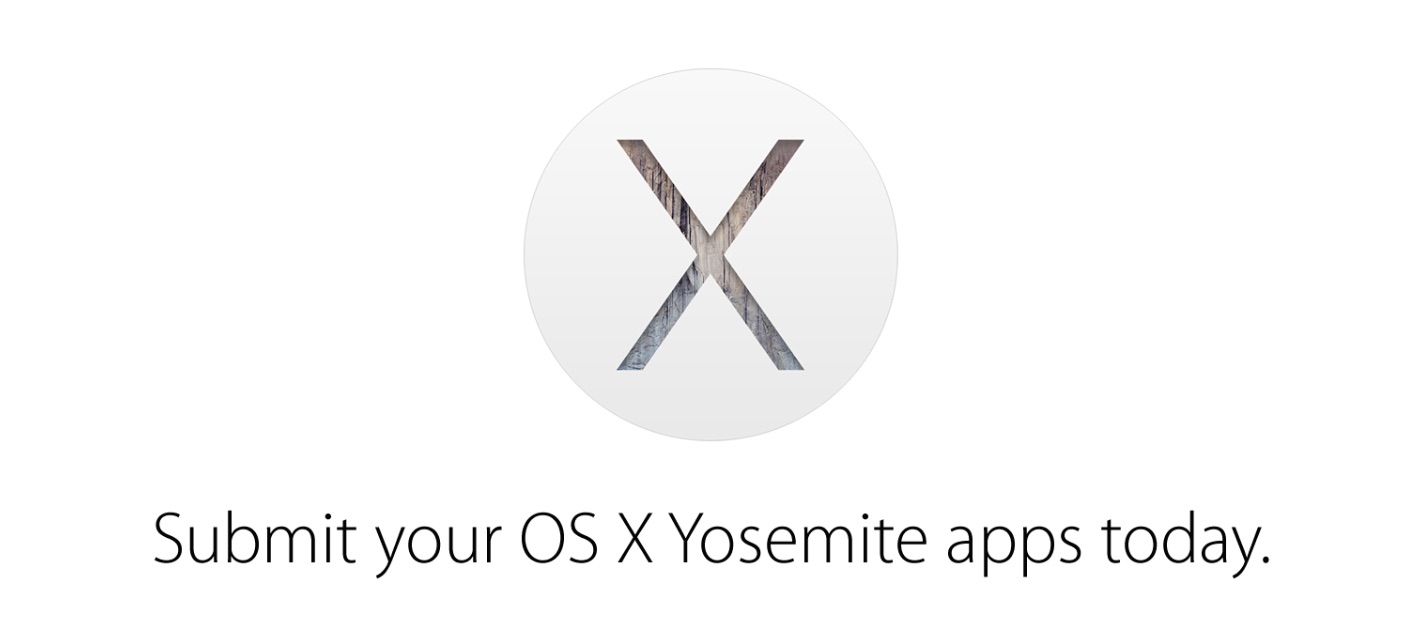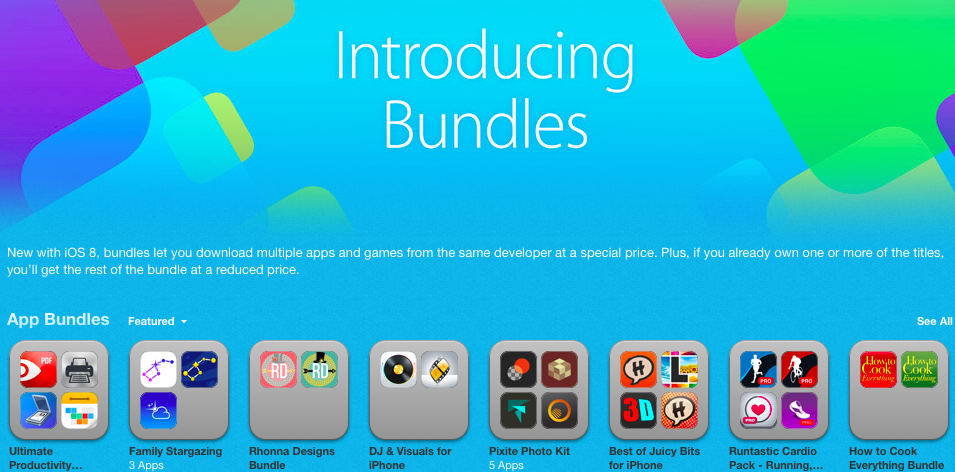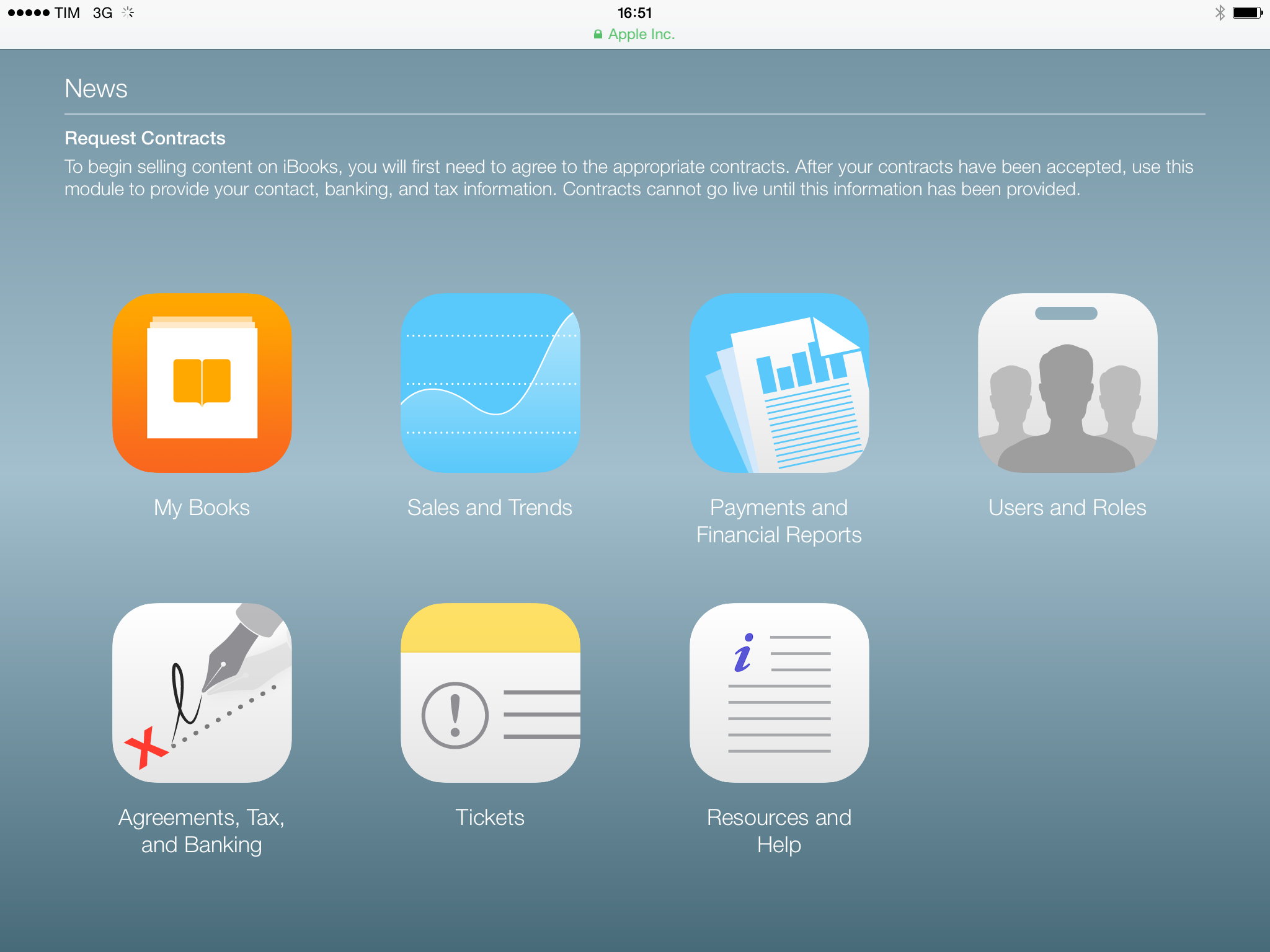David Smith has been reading through Apple’s WatchKit documentation, and he believes that full apps for the Apple Watch will likely arrive at WWDC next year:
Next June at WWDC I then expect we will receive the tools necessary to build out more fully capable applications. Just like we have seen with iOS I’d guess this will be a progressive expansion of capability with each successive year. Just as early iPhone OS apps were severely constrained to save battery life, we’ll probably see strict limits on what types of apps we can build initially. We are essentially resetting the battery life equation with this new device. So no background processing or multitasking for a while (with the possible exception of music/audio playback).
According to recent speculation, the Apple Watch may be released in the Spring.
Back in 2010, a lot of developers struggled to create iPad apps between January and April without an actual iPad, so limiting WatchKit to notifications and glanceable information is probably the best strategy for now.







